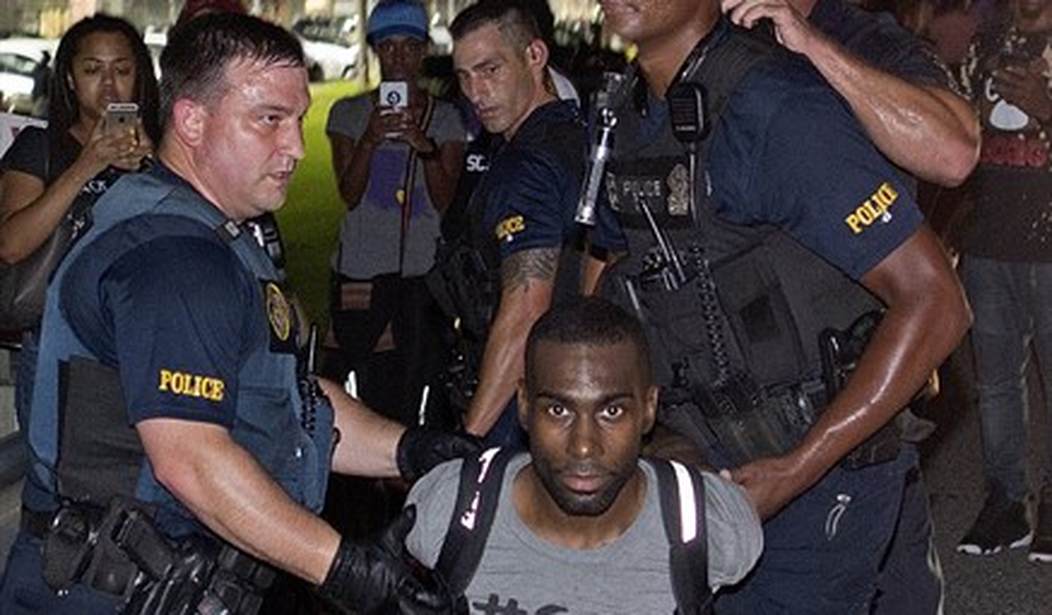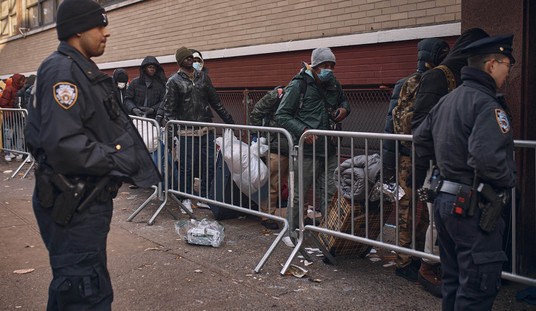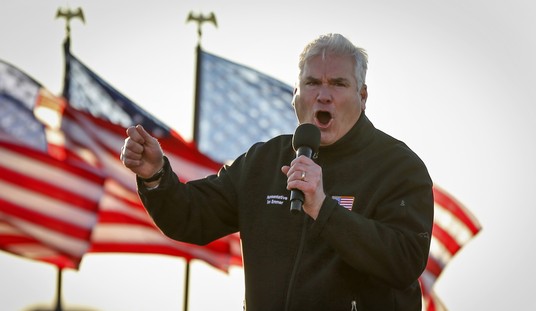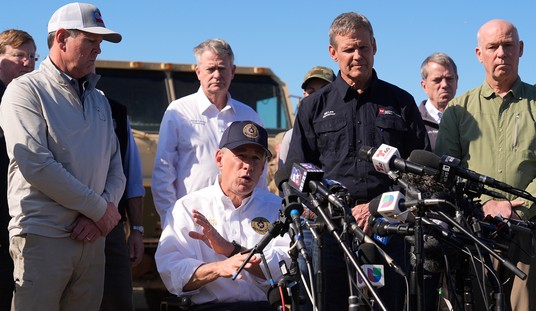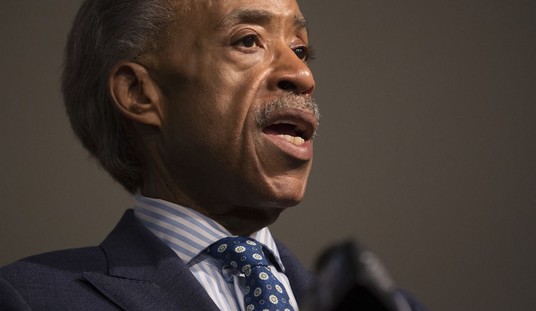We haven’t seen too many recent headlines featuring BLM agitator DeRay McKesson, but he’s back in the news this week. However, it’s not because of any recent protests he’s organized, but rather a case dating back well before the Summer of Love in 2016. At that time, he had organized a protest near the Baton Rouge police department in response to the police shooting of Alton Sterling. The protest quickly got out of hand and someone (apparently not McKesson himself) threw a rock or other heavy object at a police officer causing serious injuries to his face, head, and brain. The officer, only named in court as Officer John Doe, later sued McKesson. That lawsuit has been traveling up and down through the courts, already having made it to the Supreme Court once. On appeal, the Fifth Circuit found in Doe’s favor and now it’s back before the Supremes yet again. The question at hand is whether or not the organizer of a protest can be held accountable for the violent actions of the participants. At Vox, they are up in arms over this, claiming that the Fifth Circuit is trying to gut the First Amendment and take away everyone’s right to protest.
A renegade federal appeals court — one dominated by MAGA-aligned judges who routinely read the law in ways that even the current, very conservative Supreme Court finds untenable — has spent the last half-decade harassing DeRay Mckesson, a prominent civil rights activist and an organizer within the Black Lives Matter movement
As part of this crusade, two of the Fifth Circuit’s judges effectively eliminated the First Amendment right to organize a protest in a case known as Doe v. Mckesson.
Mckesson’s case has already been up to the Supreme Court once, and the justices strongly hinted in a 2020 opinion that the Fifth Circuit’s attacks on Mckesson’s First Amendment rights should end — labeling this case “fraught with implications for First Amendment rights.” But the Fifth Circuit did not take the hint, issuing a new opinion last July reaffirming its attack on First Amendment-protected political protests.
The ranting about “MAGA-aligned judges” and the evils of justices appointed by conservatives goes on for many paragraphs. But this is Vox we’re talking about, so what else would we expect? The underlying question is still worthy of examination, however. What we learned from the BLM era was that McKesson organized protests that frequently turned violent and destructive. We’ve tallied up the deaths, injuries, looting, and billions of dollars in damages that resulted from the BLM riots and he was in the mix for plenty of that action.
But even with all of that said, his attorneys are raising valid questions. This is, at the end of the day, a personal injury lawsuit. Whoever threw the rock or other heavy object clearly should be held accountable for the injuries to the officer and made to pay damages. (Of course, nobody has come forward to identify the culprit.) Even if McKesson was egging on the participants and potentially encouraging violent action, it was still that individual’s decision to pick up the rock and hurl it.
However, it may not be that cut and dried. It is also true that incitement to violence is a felony and it carries serious penalties. Could that be applicable in this case? Again, it’s unclear and there may not be any proof available to make such a charge stick. Also, McKesson was never charged with incitement in the aftermath, so that fact would weaken the argument as well. When you combine all of this with the reality that protests – even ones we may disagree with vehemently – are protected political speech provided they remain solely in the realm of speech, Officer Doe’s case looks increasingly fragile. When protests turn to riots and spiral into violence, looting, arson, and other crimes as so many of the BLM riots did, those acts are separate, chargeable crimes. (Not that many were ever charged.) But the underlying speech is still protected.
It seems highly unlikely that new evidence from the original assault eight years ago will emerge at this point. If it cannot be established that DeRay McKesson either threw the rock himself or openly directed or urged the thrower to do it, he has a fairly strong defense going for him. It’s possible that the Fifth Circuit did engage in some overreach here. The last time the Supreme Court sent this case back, the ruling seemed to contain some strong cautions about encroaching on protected speech under the First Amendment. Don’t be shocked if they either overturn the Fifth Circuit or, as the defense is requesting, issue a summary reversal, burying the case with prejudice.

